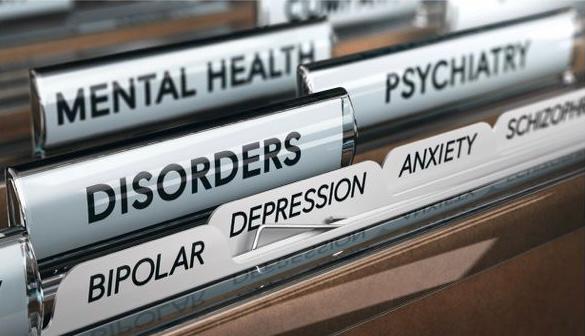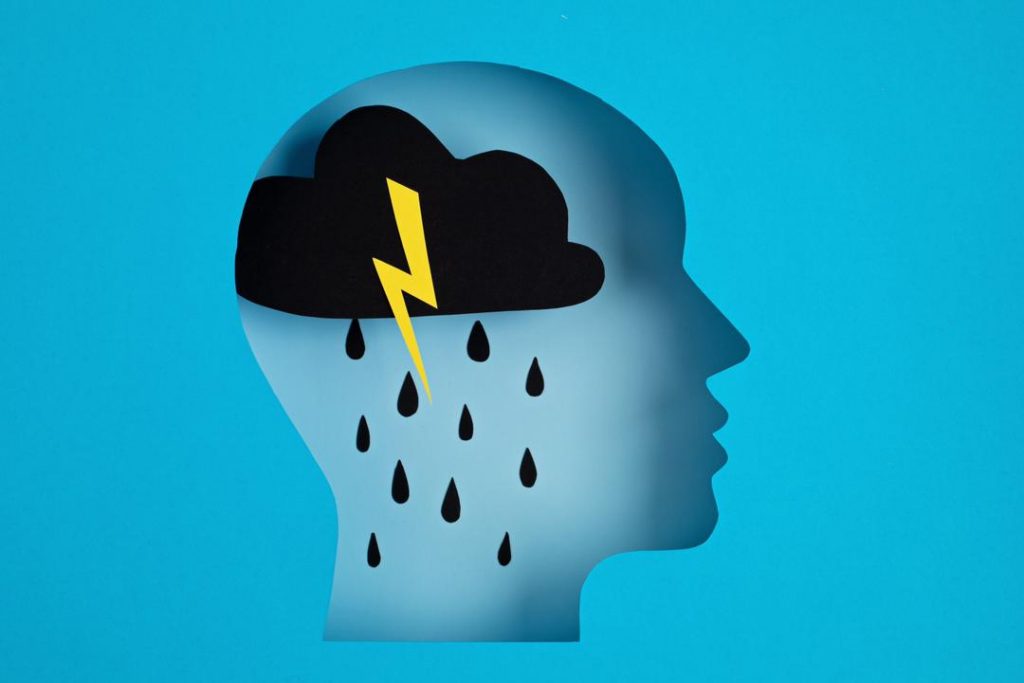This Suicide Prevention Month, Lend a Shoulder to Lean On Before It’s Too Late

Stay updated with the latest intriguing stories for high achievers by following our Telegram here.
Suicide does not end the pain. It simply passes it on to the next person. The police received over “468 reports of suicide” in the first half of this year, during the pandemic period. It appears that the momentum of suicide rate has not slowed down in recent years. However, what remains unclear are the number of suicide cases or attempts that were unrecorded or unknown, those who did not go through with the attempt, those whose attempts failed or those who were reported to have “succeeded” is dying due to “natural causes” as a way to save face.

It is important to note that unlike physical illnesses, mental illness is not something the average person can sense nor is it something those affected would even realise. In truth, mental illness is more prevalent than we think because many of us actually do suffer from it, or at least, would know someone who does.

In essence, mental illness is theorised to be caused by a variety of genetic and environmental factors and what is more concerning is that mental illness is more common in those who are genetically related to those suffering or have suffered from it. In 2014, a meta-analysis that was conducted from 33 studies examine this theory.
The results that were published by Schizophrenia Bulletin, found that those from schizophrenic, bipolar or major depressive order parents, have a 1 in 3 chance of developing one of the illnesses during adulthood. Therefore, it needs to be treated the same way as other physical illness such as diabetes and heart diseases that are hereditary.
In conjunction with the World Suicide Prevention Month this September, we need to look into the mental struggles by our society, starting with the youngsters. Mental illness can begin at a young age, even among those who are considered ‘high achievers’. That is because being in highly competitive institutions or workplace can come with overwhelming expectations to excel.

It is always good to challenge ones’ limits, however, it should not go overboard, for we are only humans. While experiencing burn out, stress or anxiety are common for everyone, he or she should not suffer them alone and must have an outlet. There must always be a way for us to share our pain or grief to avoid our mental condition from deteriorating to the point of no return.
Millions of households have been affected by the pandemic and suffered not only financially but mentally. The question remains, whether or not adequate mental health support is available and accessible to all levels of society especially the B40 community that were hit the most by the pandemic.
According to CodeBlue, the budget allocated for such services decreased dramatically by 61% from RM69 million in 2020 to merely RM26 million in 2021, making mental health the disease with the lowest budget allocation. These numbers only reflect that we may be taking this too lightly.

Another common problem regarding the issue of suicide would be the negative stigma towards people who suffer from suicidal thoughts by associating their mental illness to the weakness of their faith in religion. It is common knowledge that there is heavy punishment in the hereafter for those in the Islamic faith who commit suicide. Even in Buddhism, Malaysia’s second most practiced religion, suicide is seen as going against the first precept of Buddhism that shuns the destruction of life.
In reality, such stigma only add onto the pressure towards those suffering from mental illness. They have already felt like a total failure and being judged as breaking religious rules, does not help.
Adding salt to the wound, the Malaysian law is also punitive towards suicide. Section 309 of the Penal Code states, “Whoever attempts to commit suicide, and does any act towards the commission of such offence, shall be punished with imprisonment for a term which may extend to one year or with fine or with both”.
The law aims to reduce the rate of suicide mortality by deterring people of the real life repercussions, socially and financially. However, by criminalising suicide, we would fail to solve the problem at it root cause, which is mental illness.
Mental illness should actually be seen in the same context as other physical illnesses. For instance, by delaying seeking medical treatment on a high fever, that may be due to causes such as dengue, may risk the patient to suffer from long-term effects or even death. The same can be said about mental illnesses, but unfortunately, the legal approach seems to be quite different. In fact, there is no evidence to suggest criminalising suicide attempts reduces the number cases.
Perhaps the time has come for us to re-think this archaic law, the stigma and societal approach towards mental illness. For now, the best we can do is to continuously check on our friends and family members. It is not easy, because many of them may be masking their pain with a jovial public personality. But we have to try, as the repercussions of failing to do so would be dire.
Stay updated with the latest intriguing stories for high achievers by following our Telegram here.



